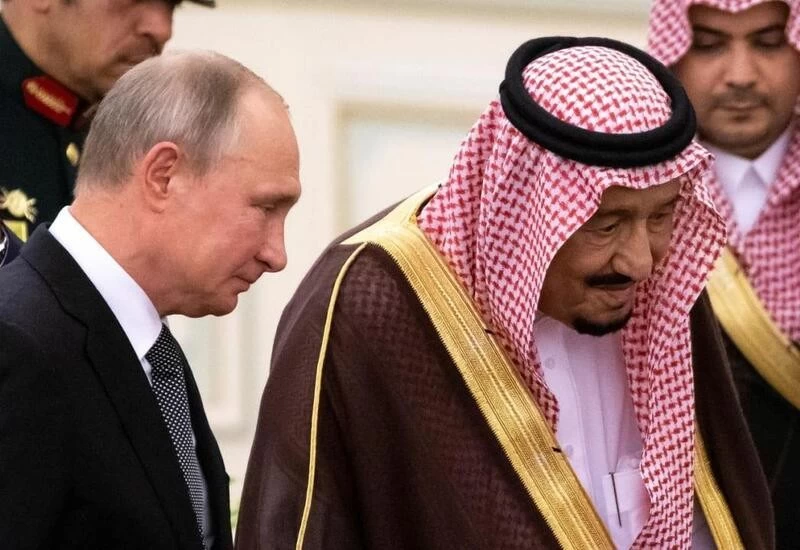Moscow: Opec countries and allies led by Russia have agreed in principle to cut their oil output by more than a fifth and said they expected the United States and other producers to join in their effort to prop up prices hammered in the coronavirus crisis.
But there was some confusion after Mexico apparently refused to sign up to its share of cuts under the deal, which would have been 400,000 barrels per day. The Mexican energy minister Rocio Nahle Garcia tweeted that her country had suggested a cut of 100,000 barrels.
The cuts by the oil cartel plus its allies, a group known as Opec+, amount to 10m barrels per day (bpd), or 10% of global supplies. Reductions of 5m bpd are expected to come from other nations to help navigate the deepest oil crisis in decades.
Global fuel demand has plunged by around 30m bpd, or 30% of global supplies, as steps to fight the virus have grounded planes, cut vehicle usage and curbed economic activity.
An unprecedented 15m bpd cut still would not remove enough crude to stop the world’s storage facilities quickly filling up. And far from signalling any readiness to offer support, the US president, Donald Trump, has threatened Opec with sanctions if it does not fix the oil market’s problem of oversupply.
Trump, who has said US output was already falling due to low prices, warned Riyadh it could face tariffs on its oil if it did not cut enough to help the US oil industry, whose higher costs have left it struggling with low prices.
A White House aide said Trump had held a call with Russian president Vladimir Putin and King Salman of Saudi Arabia after a US official said the move by Opec+ sent an “important signal” to the market.
Both Opec and Russian officials have said the scale of the crisis required involvement of all producers.
“We are expecting other producers outside the Opec+ club to join the measures, which might happen tomorrow, during G20,” Kirill Dmitriev, head of Russia’s wealth fund and one of Moscow’s top oil negotiators, told Reuters.
Thursday’s Opec+ talks will be followed by a call on Friday between energy ministers from the G20 major economies, hosted by Saudi Arabia.
Brent oil prices, which hit an 18-year low last month, were around $32 a barrel on Thursday, half their level at the end of 2019.
Sources said the cuts would be gradual, as the group seeks to overcome resistance from the United States, whose involvement they see as vital to a deal. US officials have already said output would fall naturally over two years.
The United States, whose output has surged to surpass Saudi and Russian production since it began large-scale fracking, was invited to Thursday’s Opec+ talks, but it was not clear whether it had joined the video conference. Brazil, Norway and Canada were also invited.
In a sign that Opec+ was struggling to win broader support, Canada’s main oil province, Alberta, said output had already dropped and that it had not been asked by Opec for more cuts. The province said it backed the US idea for tariffs on imported crude.


